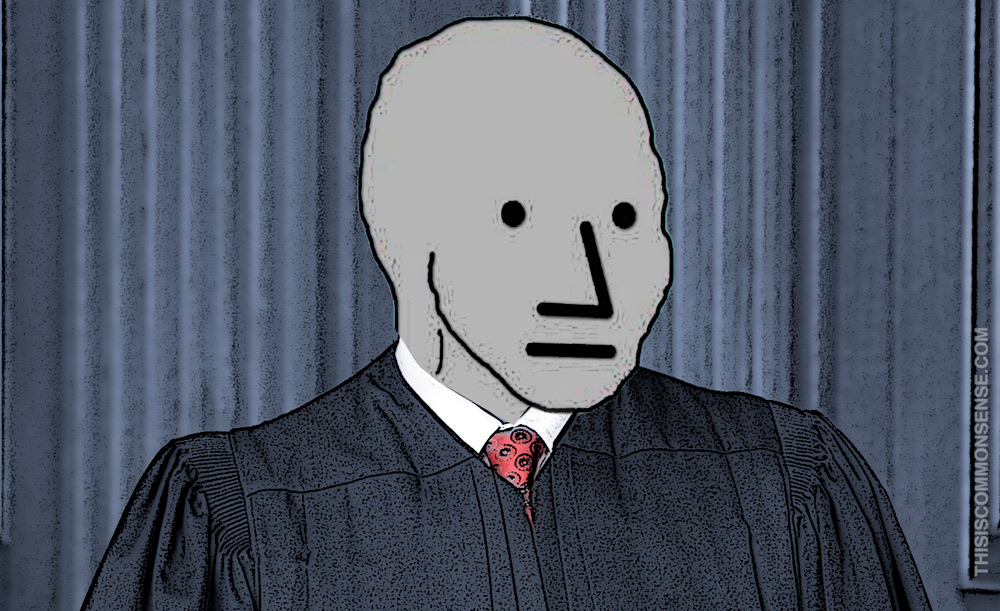When Senator Bernie Sanders demands that the government “guarantee health care to all people as a right, not a privilege,” does anyone think about how governments currently provide more basic services as rights?
You have a right to life, liberty, and the pursuit of happiness in America — or so we say — but
- our police aren’t legally obliged to defend us,
- prosecution and compensation for real crimes is iffy,
- one can ruin oneself in court either as plaintiff or defense in civil cases, and
- the whole legal system is kludgy in the extreme.
And this is the core function of government!
Why expect better government performance in medical care?
Bernie’s plan, which Democratic front-runner Senator Elizabeth Warren wafflingly endorses, is “Medicare for All.” But the current Medicare-for-seniors doesn’t cover all of seniors’ medical bills. Seniors pay out of pocket for a portion of their medical costs, often buying “supplemental” insurance to help in the process. If they can afford it.
Medicare does not pay for all medical costs incurred at the supply end, either. The federal government operates with schedules of compensation, limiting charges and procedures in customary bureaucratic fashion. That’s why doctors and clinics increasingly refuse to take Medicare patients. This is what we want to roll out to the whole population?
“Polls show that voters are more willing to pay higher taxes in return for lower cost health care,” Jake Novak explains at CNBC. “What they won’t tolerate are reduced services, especially when it comes to health care, higher taxes or not.”
What assurance can politicians provide that mediocre-care, their latest schemes for socializing medicine, won’t amount to higher taxes for reduced services?
This is Common Sense. I’m Paul Jacob.

Based on a photo by Molly Adams
See all recent commentary
(simplified and organized)
See recent popular posts




